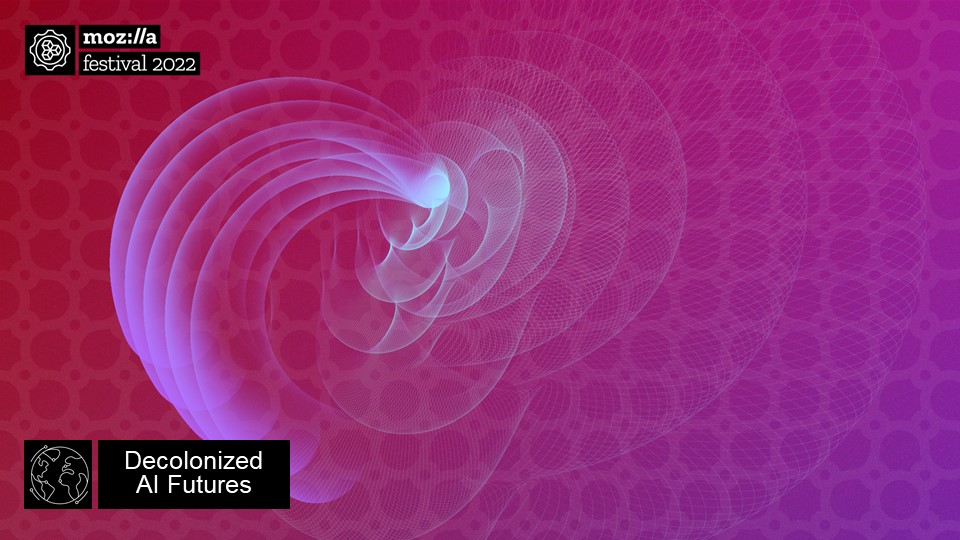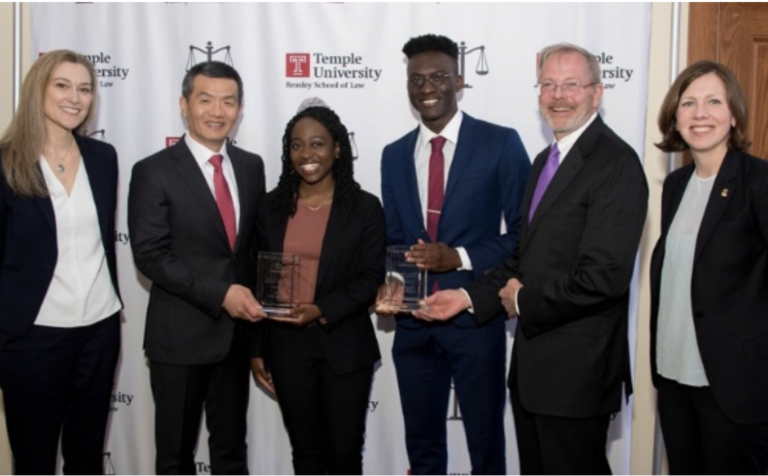The Real Work of Decolonization: Underlying Patterns of Colonial Domination in Africa Driving AI Futures
March 8, 2022 19:00 CET

About the Event:
This discussion creates a space to engage with the reality that colonial relationships pre-dating the AI decolonization conversation continue to shape AI and other digital-era technologies in African contexts. It will discuss ways that decolonization – digital or otherwise – will require changes in underlying social and economic structures of former colonies that have, in many African contexts, remained elusive.
Many African countries sit at a crossroads: looking ahead, a potential future will be shaped by digital-era technologies, yet existing laws and institutions constructed under conditions of colonial and postcolonial authoritarian rule endure. Patterns of domination established during colonialism continue to hold sway globally as well as within former African colonies. External actors that play a role in legitimizing and maintaining these present-day structures include countries, international organizations, NGOs, and digital economy companies.
Through a facilitated discussion, the hosts will reflect on their encounters with the pre-existing political, social, and economic forces that will underwrite the success or failure of AI decolonization and invite participants to situate the mounting call for a more just and equitable AI future in a searching, critical examination of colonialism in Africa today.
What happens after MozFest? This session is organized in partnership with a new interdisciplinary center based at Temple Law School, which is currently in a design phase to launch in 2022 as a hub for catalyzing and amplifying justice, diversity and equity in law and technology as its core mission. We see this session as an important early opportunity to explore our insight that too many technology-focused ethics initiatives undervalue the work of engaging with existing exclusionary structures, agendas, and interests. Lessons from the session will inform the center’s programming, from teaching to research to further policy engagement and knowledge exchange locally and globally; connections made during the session can deepen through future research, workshops, and practical engagement on global inequality in the conception, creation, and regulation of digital technologies.
Co-facilitators bring a wealth of expertise and direct experience in decolonial research, academic thought, and engagement with a range of stakeholders at the intersection of decoloniality and digital transformation, or digital disruption, of African societies.

Dr. Rachel Adams Ward is the Principal Researcher at Research ICT Africa, where she will Direct the AI4D Africa Just AI Centre. Rachel has published widely in areas such as AI and society, gender and AI, transparency, open data, and data protection. Rachel is the author of Transparency: New Trajectories in Law (Routledge, 2020), and the lead author of Human Rights and the Fourth Industrial Revolution in South Africa (HSRC Press, 2021).
Olufunmilayo Arewa is the Shusterman Professor of Transactional and Business Law at Temple University Beasley School of Law. She completed her recent award-winning book Disrupting Africa: Technology, Law & Development while she was a fellow at the Kate Hamburger Center for Advanced Study in the Humanities at the University of Bonn. Disrupting Africa is based on a decade of archival research on the patterns of colonial era law making in former British colonies and the continuing implications of such patterns today.
Laura Bingham, J.D., M.A., (moderator) directs the Institute for Law, Innovation & Technology, based at Temple University Beasley School of Law. Working with faculty from across the law school and Temple University, she designs and executes the strategic direction, associated curriculum, research, and programming of the center.
Grace Mutung’u researches ICT policy in Kenya and Africa, with specialization in digital rights, governance, development and digitalisation. She is currently project head of the digital identity initiative of the Open Society Foundations, based in Nairobi. She has been involved in ICT policy development processes over the past 10 years. Grace was a 2017 Open Technology Fund Senior fellow studying information controls at election times in East Africa. She is a curator on Sub-Saharan Africa internet governance issues at the Geneva Internet Platform and an affiliate at the Kenya ICT Action Network (@KICTANet) where she carries out policy and legal analysis.
Anne Oloo is a teaching assistant and a PhD researcher in the Law and Development Group at the University of Antwerp. Her PhD research is on algorithmic human rights accountability and focuses on inclusive regulation of online global media platforms. She holds a Bachelor of Laws degree (LL.B) from the University of Nairobi and an LL.M in International and European Law from Ghent University. Her research interests include human rights, digital rights, public international law, decoloniality and sustainable development.




